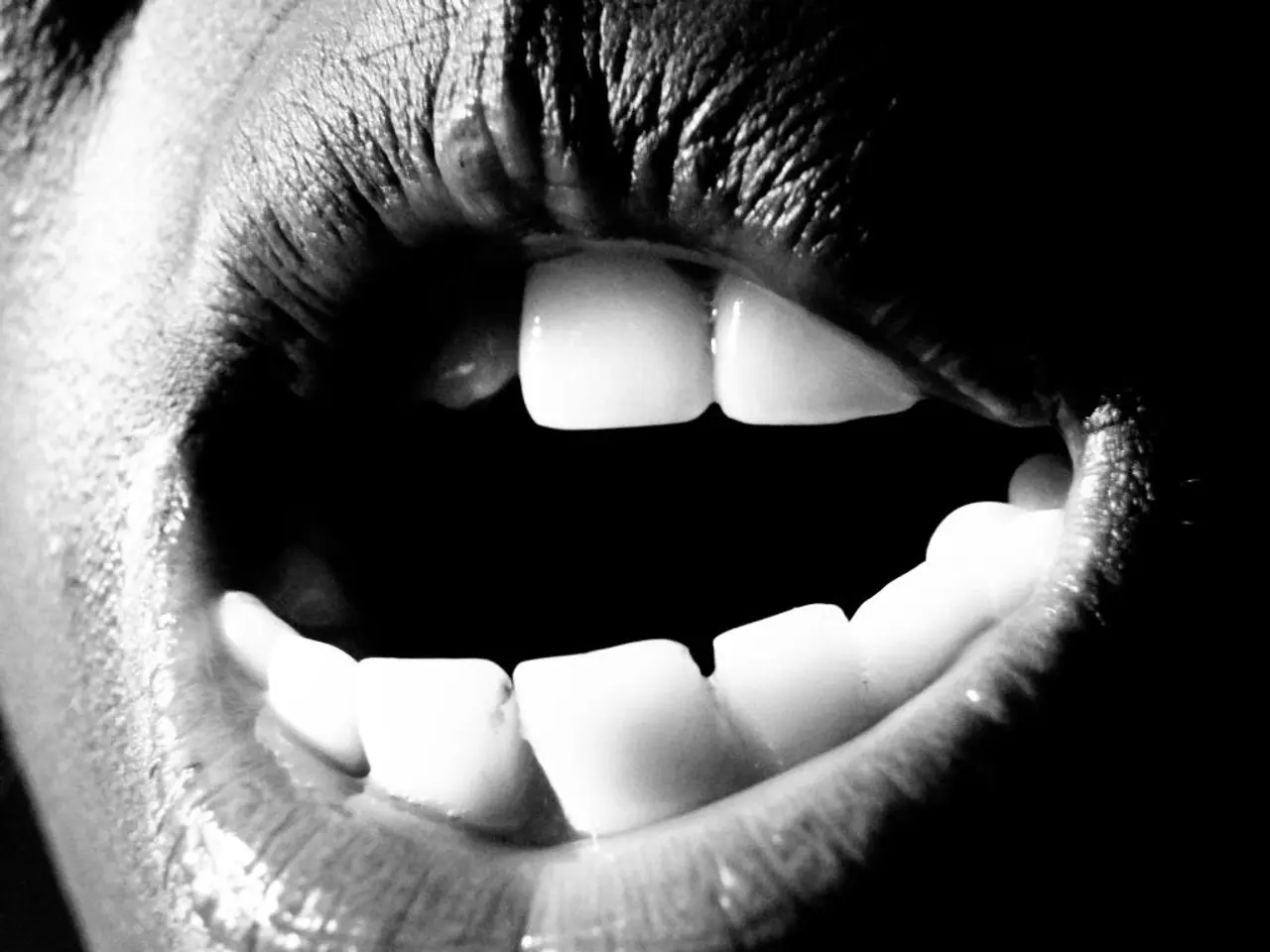Dental Guidance: Is It Possible to Smoke Nasally Post Tooth Extraction?
Smoking can have a significant impact on the healing process following a tooth extraction. The compromised immune function caused by smoking increases the risk of developing infections at the surgical site [1].
To ensure a smooth recovery, consulting a dentist for personalized advice is crucial. They can provide guidance tailored to your specific needs [2]. However, continuing to smoke during recovery can lead to serious issues, such as oral infections and complications like dry socket [3].
Dry socket is a potential complication that occurs when the blood clot dislodges or dissolves prematurely. This can cause significant pain and delay overall healing [4]. Smoking can impede proper blood clot formation, increasing the risk of dry socket [5].
Smoking also causes vasoconstriction, narrowing blood vessels, making it harder for oxygen-rich blood to reach damaged tissues in the mouth [6]. This reduced blood flow and impaired oxygen levels can slow down the healing process [1].
The first 48 to 72 hours after extraction are critical. Most sources recommend abstaining from all forms of smoking—including smoking through the nose—during this period to promote proper healing and prevent pain or infection [1][3]. The suction, heat, and irritation caused by smoking can dislodge the blood clot, leading to complications [3].
To avoid complications, it's essential to avoid all smoking (including nasal smoking) for at least 2 to 3 days after tooth removal. Some recommendations extend this precaution to a week, depending on the extent of the procedure and individual healing [1][2].
During this time, it's important to manage nicotine cravings in healthier ways. Alternative suggestions will be discussed to help you navigate this challenging period.
It's also worth noting that harmful chemicals present in cigarettes can have adverse effects on oral health, especially after dental procedures [7]. The healing process for a tooth extraction takes about 7-10 days for soft tissue healing [8].
In conclusion, it's important to avoid smoking altogether after getting a tooth pulled to promote healing and minimise complications. By doing so, you can help ensure a smoother recovery and maintain optimal oral health.
References:
[1] Mayo Clinic. (2021). Tooth extraction: Aftercare. Retrieved from https://www.mayoclinic.org/tests-procedures/tooth-extraction/in-depth/tooth-extraction-aftercare/art-20047331
[2] American Dental Association. (n.d.). Tooth extraction. Retrieved from https://www.ada.org/en/member-center/oral-health-topics/tooth-extraction
[3] WebMD. (2020). Dry Socket: Causes, Symptoms, Diagnosis, Treatment, and Prevention. Retrieved from https://www.webmd.com/oral-health/dry-socket
[4] Johns Hopkins Medicine. (2020). Dry Socket. Retrieved from https://www.hopkinsmedicine.org/health/conditions-and-diseases/dry-socket
[5] ADA. (2018). Smoking and Oral Health. Retrieved from https://www.ada.org/en/public-programs/health-information-resources/smoking-and-oral-health
[6] American Cancer Society. (2021). Smoking and Oral Health. Retrieved from https://www.cancer.org/cancer/causes-and-prevention/risk-factors/tobacco/smoking-and-oral-health.html
[7] Mayo Clinic. (2020). Oral cancer. Retrieved from https://www.mayoclinic.org/diseases-conditions/oral-cancer/symptoms-causes/syc-20352509
[8] Colgate. (2021). Tooth Extraction: Aftercare and Recovery. Retrieved from https://www.colgate.com/en-us/oral-health/conditions/dental-procedures/tooth-extraction/tooth-extraction-aftercare-and-recovery-0714
Read also:
- Is it advisable to utilize your personal health insurance in a publicly-funded medical facility?
- Dietary strategies for IBS elimination: Aims and execution methods
- Benefits, suitable dosage, and safety considerations for utilizing pumpkin seed oil in treating an overactive bladder
- Harmful Medical Remedies: A Misguided Approach to Healing




